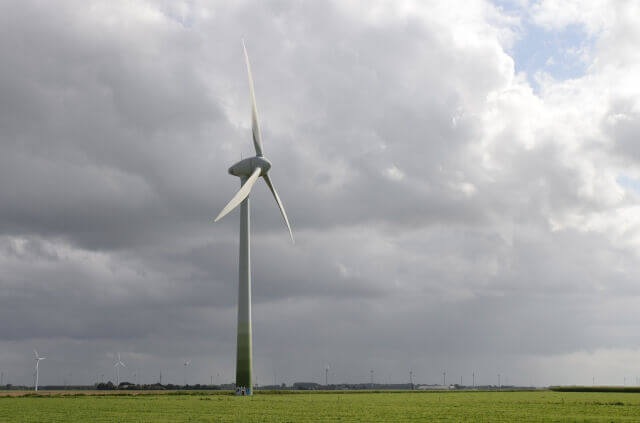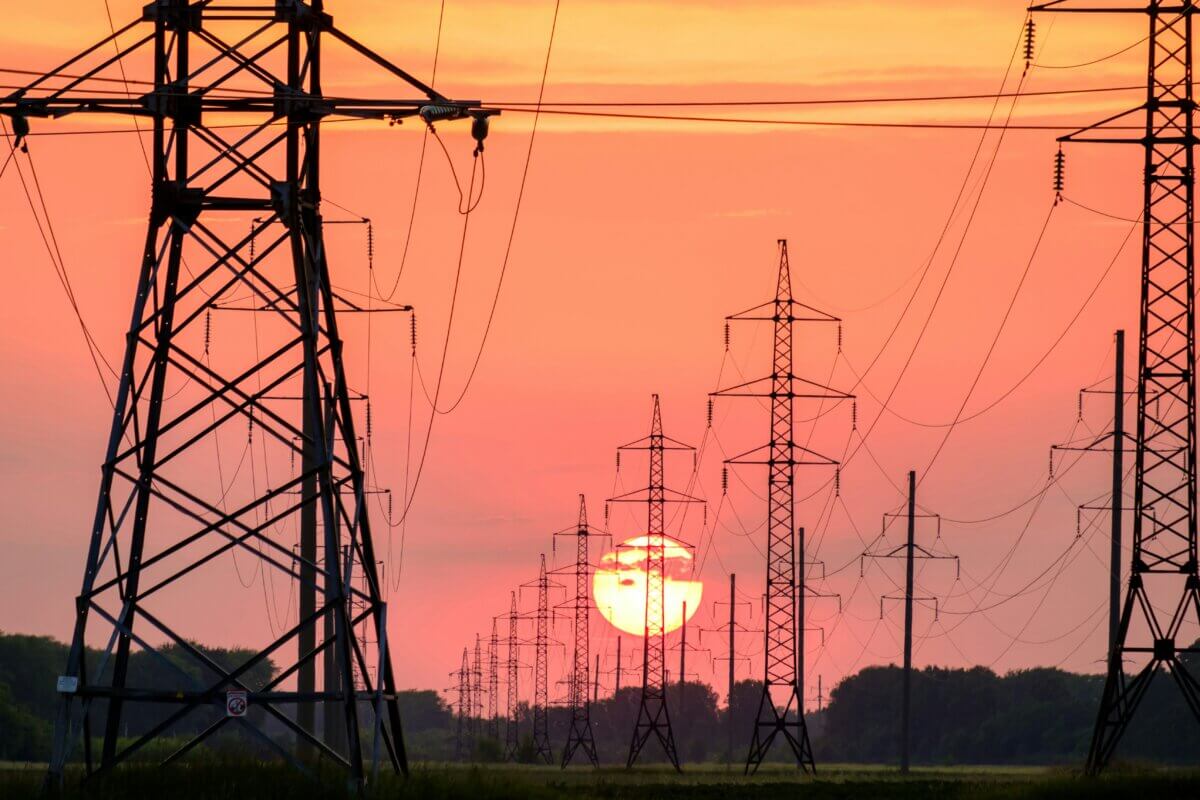Digital Markets Act needs to be stricter on Bigtech
The proposed Digital Markets Act has elicited various reactions. “Friends of an effective Digital Markets Act” ask for stricter supervision of Bigtech. The European Competition Network (ECN) suggests that national competition authorities should play a role.
In a joint proposal, ministers from the Netherlands, Germany and France, the “Friends of an effective DMA” are calling for stricter European supervision of large digital platforms with a gatekeeper position. They suggest that the Digital Markets Act (DMA) proposed by the European Commission (Commission) needs to be strengthened. In their view, it is time for the European Union and its Member States finally to do something about the increasing market power of Bigtech companies. According to these Friends, the DMA must be strengthened in a number of areas and placed in a broader perspective.
In its joint paper published on 22 June, the ECN focuses on the role of national competition authorities. According to the ECN, the DMA can be improved by using the expertise and enforcement resources of the national competition authorities.
The Digital Services package
In December 2020, the Commission proposed a package of rules that will affect digital services. This legislative package, consisting of the DMA and the Digital Services Act (DSA), should contribute to a safer environment for users of these services and a more level playing field on the European market. The DSA aims to protect the rights of users of digital services through increased transparency and combating disinformation. The DMA deals with the competition law aspects of digital services. The purpose of the DMA is to curb unfair behaviour by gatekeepers which disadvantages both competitors and consumers. The DMA includes additional rules and a new supervisory regime for powerful online platforms, the so-called “gatekeepers”.
The DMA was largely positively received by the ministers present at the EU Competition Council on 27 and 28 May. German Minister Peter Altmaier (Economics and Energy), French Minister Bruno Le Maire (Economics and Finance) and State Secretary Cédric O (Digitalization) and Dutch State Secretary Mona Keijzer (Economic Affairs and Climate) have published a Non-paper in response to the proposed DMA. The Non-paper was published ahead of the EU Competition Council.
Gatekeeper issues
Digital markets have a “winner-takes-all” or “winner-takes-most” dynamic due to the important role of data, network effects and increasing economies of scale. This dynamic creates dominant online platforms. Some platforms are in such a powerful position that they actually determine the conditions for market access for consumers and other market parties. These are “gatekeepers”. They offer a core platform such as online search engines, social media platforms and video platforms. Examples include platforms such as Google, Facebook and YouTube.
With the DMA, the European Commission tries to prevent gatekeepers from abusing their power. The President of the European Commission, Ursula von der Leyen, said the following at the Lisbon Web Summit at the end of 2020:
”[…] in a free market, it should not be up to a private actor to decide if another company can access the market and build its own success. Platforms cannot be the new Leviathan. With the Digital Markets Act, we are setting some basic boundaries to the power of gatekeeper platforms.”
Tackling these issues
Both the Commission and national competition authorities are working in different ways to limit the power of gatekeepers. The Netherlands Authority for Consumers and Markets (ACM) is currently investigating possible abuse of power by Apple. Its investigation concerns Apple’s payment system. App developers who offer their apps via the App Store are obliged to use this payment system; they are not permitted to offer their own payment system. This same payment system is also the subject of investigation by the Commission.
Furthermore, at the beginning of 2021, the German competition law was amended. The Bundeskartellamt can now intervene at an early stage in cases where competition is (possibly) restricted by companies that are important for competition between markets. This is especially true for large digital companies. Typically, these companies function as an ecosystem that spans across different markets and thus occupies an almost unchallengeable economic dominant position. For example, the German competition authority can prohibit certain behaviour, such as giving preference to its own services. The Bundeskartellamt has already started investigations into Facebook, Amazon, Google and Apple on the basis of these new rules. Remarkably, this legislative amendment corresponds in many respects to the proposed DMA, which will give the Commission comparable powers to the German competition authority.
The French competition authority also has gatekeepers in its sights. On June 7, 2021, the French competition authority fined Google EUR 220 million for abuse of market power in the online advertising sector.
The Digital Markets Act
The DMA introduces rules to tackle the gatekeeper problem at a European level. If a company has a certain turnover (at least EUR 6.5 billion) or market value (at least EUR 65 billion) and a certain number (45 million) of monthly users for three consecutive years, the company will have to inform the Commission and provide information. If the Commission subsequently qualifies the company as a gatekeeper, it will have to comply with various prohibitions and obligations in order to avoid unfair practices.
For example, the gatekeeper must accept business users who offer the same products or services to end users at different prices or under different conditions from those of the gatekeeper itself. In addition, a gatekeeper may only rank similar services and products on fair, non-discriminatory terms without treating its own services or products more favourably. The Commission imposed another large fine on Google in 2017 because the search engine illegally favoured another Google product, its price comparison service. Both provisions are also relevant in light of the investigation into potential abuse of power by Apple. In the future and following the introduction of the DMA, the Commission will attempt to intervene earlier and more effectively in such unfair practices.
A gatekeeper must notify all proposed concentrations (within the meaning of the Merger Regulation) to the Commission insofar as they involve another provider of core platform services or another digital service provider. This obligation exists regardless of whether the concentration must be notified under European or national concentration rules.
The Commission may impose fines on gatekeepers for non-compliance with the DMA. The fine is a maximum of 10% of the total annual turnover for failing to comply with the prohibitions and obligations to avoid unfair practices and a maximum of 1% of the annual turnover for failing to report or provide information related to gatekeeper qualification or failure to report of a proposed concentration.
In addition to fines, the Commission has the power to impose behavioural and structural measures when a market investigation reveals that a gatekeeper has systematically violated the established obligations. The Commission may only impose structural measures if this is effective and the Commission has taken account of the principles of subsidiarity and proportionality. Change in the corporate structure is only proportional if the non-compliance is a consequence of this structure.
The Non-paper of the Friends of an effective DMA
The German, French and Dutch ministers welcome the proposal and fully support the aim of the DMA. They seek reinforcement of the proposed DMA in several respects.
First, the Friends of the DMA propose to limit the scope of the DMA by adding an additional criterion to the DMA for defining gatekeepers. They propose that gatekeepers need to offer an ecosystem of services.
According to the DMA proposal, the rules contained therein are complementary to existing European and national competition rules. However, it is not clear to the ministers what the interaction is with the existing rules and how much room there is left for the national legislator and competition authority. In the Non-paper, they plead for a bigger role for national legislators and competition authorities.
The authors of the Non-paper argue that merger control procedures should be strengthened and accelerated, especially with regard to killer acquisitions by gatekeepers. According to the ministers, the DMA lacks ambition to tackle this problem. They therefore propose the following amendments to European merger control:
(i) Changing the notification thresholds so that acquisition of low-turnover, high-value gatekeeper targets is also subject to merger control; and
(ii) Incorporating a substantive test to assess the impact of potential killer acquisitions.
In this regard, we have written several articles on article 22 of the Merger Regulation. The question is whether the Commission’s change of direction regarding Article 22 does not already overcome the problem of killer acquisitions. The ”lack of ambition” in the DMA may be explained by this change of direction.
Reaction of the European Parliament
While the DMA was largely positively received by the ministers present at the EU Competition Council, a number of attendees also raised concerns regarding possible over-regulation of digital markets and the related impediment to innovation.
On June 4, 2021, the European Parliament published a draft report on the DMA proposal. The report proposes more than 100 amendments, aimed on the one hand at limiting the scope of the DMA to platforms that play an unquestionable role as gatekeepers and on the other hand at increasing enforcement efficiency. The rapporteur believes, for example, that it should be possible to impose structural remedies sooner and more easily after several non-compliance decisions by the Commission. Indeed, the rapporteur has removed from the proposal provisions on effectiveness, proportionality and subsidiarity in relation to such remedies.
If the DMA is adopted with the amendments proposed by the European Parliament, gatekeepers will no longer be able to buy off their violations by paying fines. If they fail to comply with the DMA on several occasions, they even run a real commercial risk of structural remedies, including compulsory divestment.
Our European and Competition Law and Transactions in Techteams are monitoring these developments closely. If you want to know more about this or if you have any other questions, please feel free to contact us.














